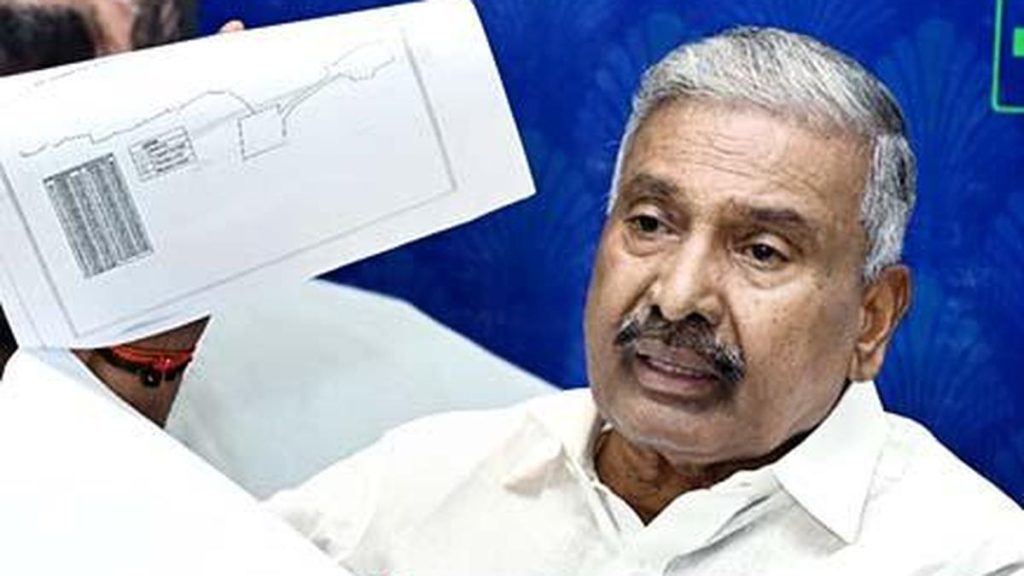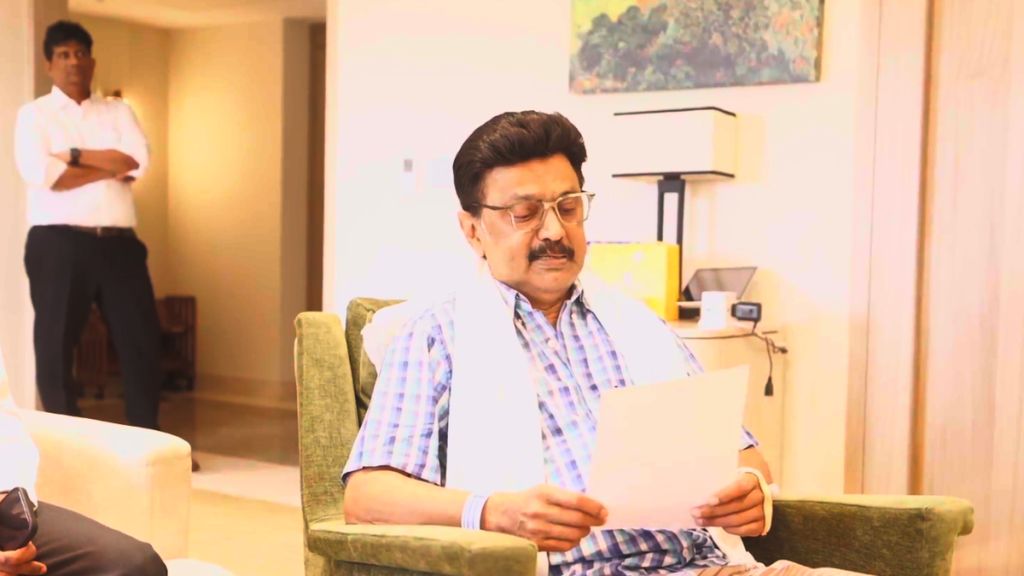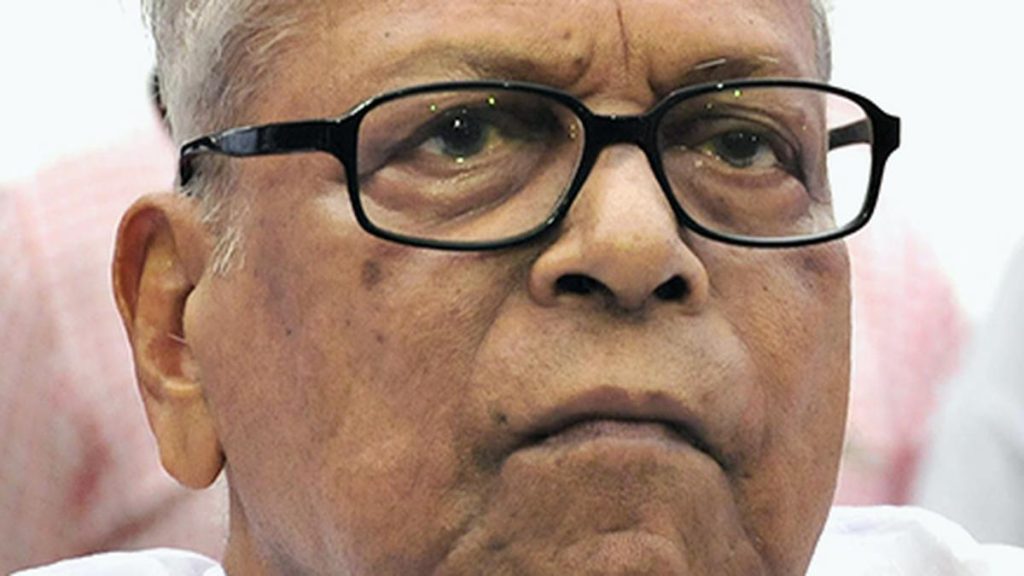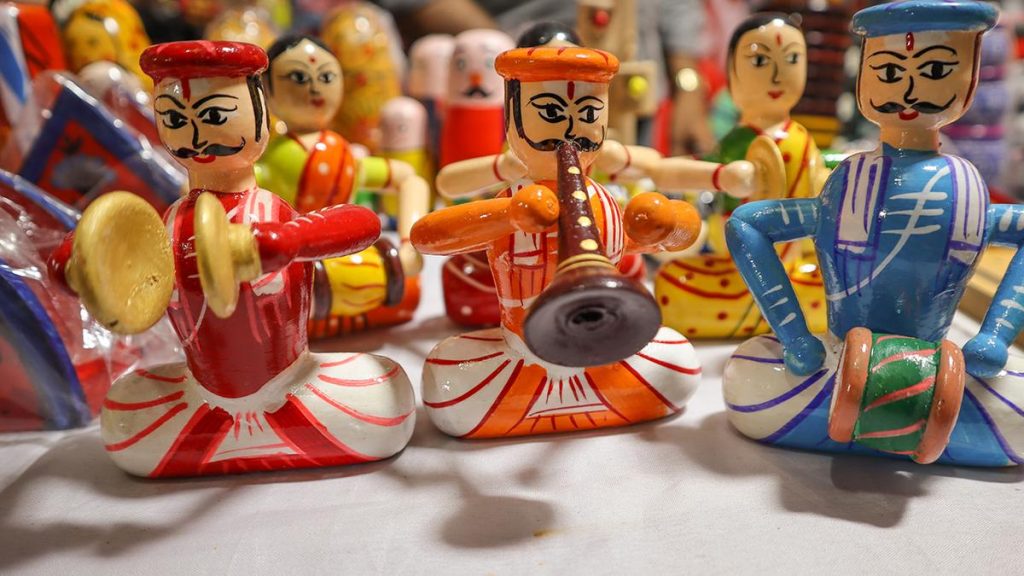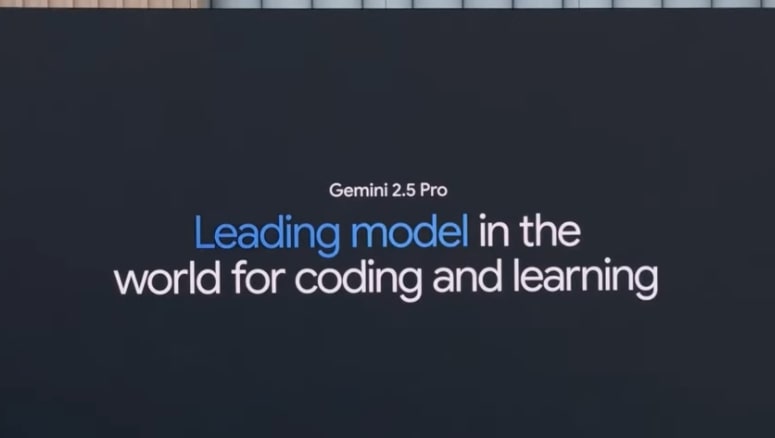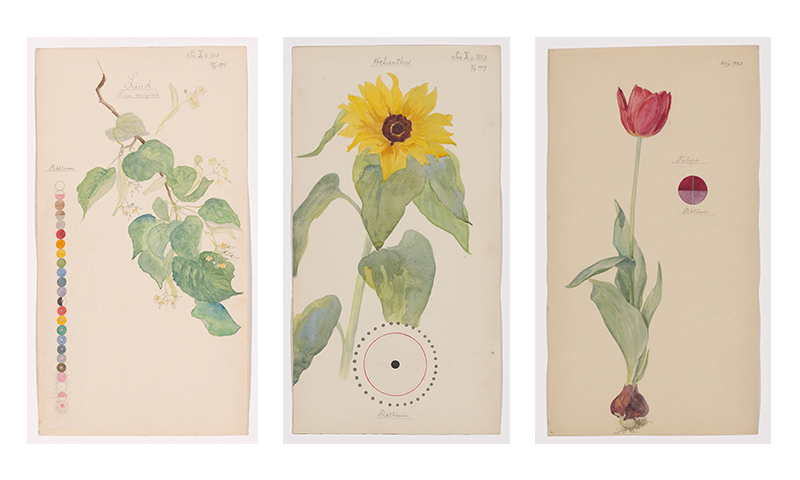Now Reading: What Your Doctor May Not Tell You
-
01
What Your Doctor May Not Tell You
What Your Doctor May Not Tell You

Quick Summary
- Doctors often struggle with the concept of uncertainty in medicine,as medical training emphasizes eliminating it through diagnoses and treatments.
- Emily Silverman, a professor and podcast creator, addresses this issue in her series Uncertainty in Medicine, exploring how healthcare workers handle doubt.
- Medical culture discourages admitting uncertainty due to expectations of expertise, leading to shame or defensive behaviors from physicians.
- Communication with patients about uncertainty remains essential yet challenging; many doctors hesitate to openly address unknowns but find that humility can foster trust.
- The human aspect of medicine-balancing scientific discoveries with messy realities-is critical amidst diagnostic uncertainties and patient-specific variables like preferences and community contexts.
- Uncertainty contributes substantially to burnout, especially for primary care physicians who face diverse cases without straightforward resolutions amid time pressures. Long-term patient relationships are cited as key to navigating these challenges effectively.
- AI is reshaping the medical landscape by providing tools that process vast data amounts but cannot replace human judgment or empathy needed for patient care.
Indian Opinion Analysis
The discussion on uncertainty reflects a vital global issue applicable to Indian healthcare systems struggling with personnel shortages and under-resourced primary care networks. In india’s context, where a majority rely on generalist rural health workers rather than specialists, embracing discussions around diagnostic ambiguity could improve trust between doctors and patients while reducing unnecessary referrals that overstretch tertiary services.
Moreover, india’s rapidly growing adoption of AI-driven tools in diagnostics could help mitigate gaps caused by resource limitations-but overreliance might overshadow the personal touch crucial for addressing deeply ingrained cultural perceptions of certainty within doctor-patient interactions. For India specifically, integrating better communication training around “uncertainty tolerance” into medical education may prevent burnout among practitioners while improving holistic care quality across socio-economic strata.


